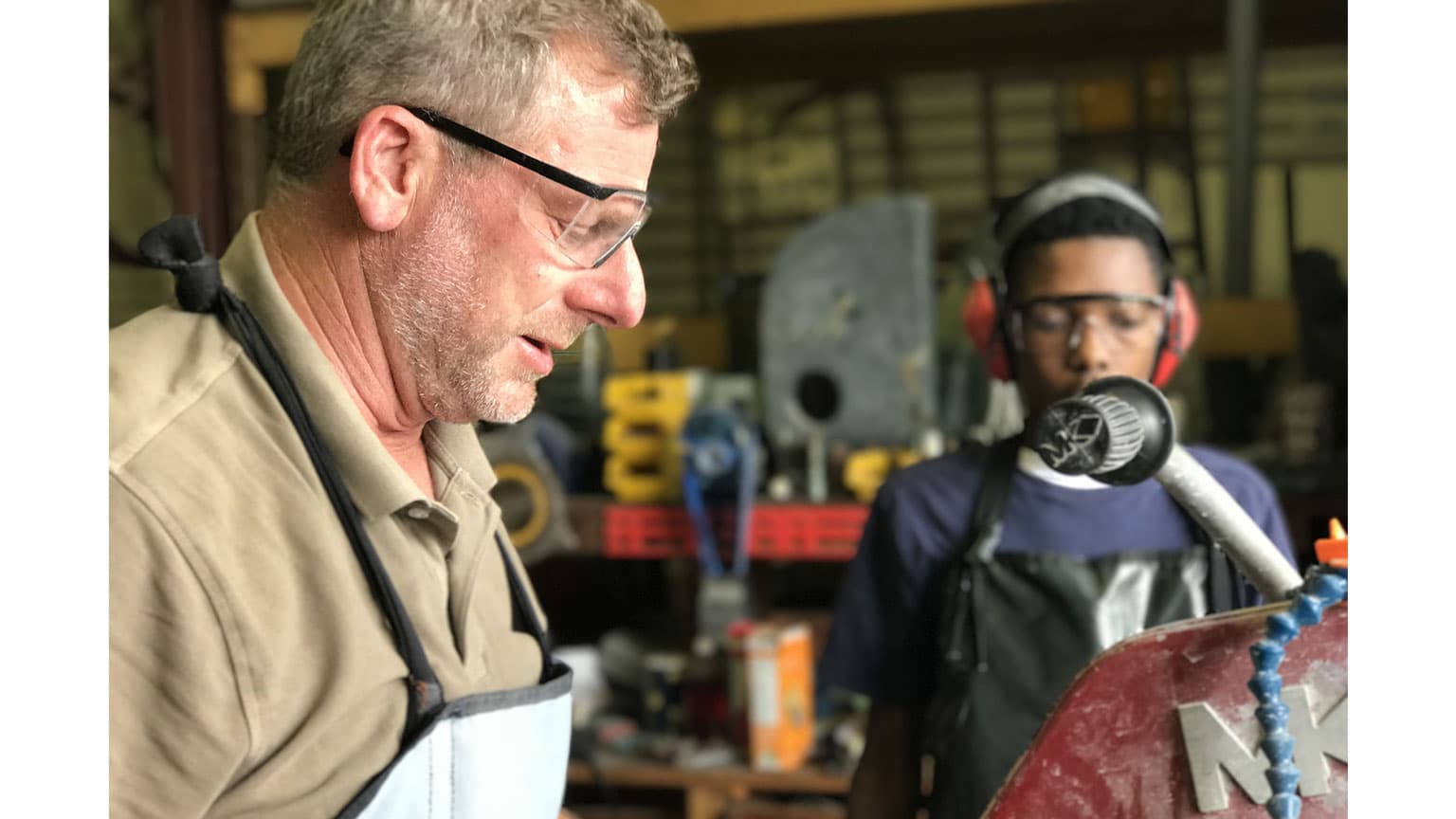What Are T Levels And Can T Level Students Get Student Discount?
Wondering what T Levels are and whether you're eligible for student discount as a T Level student? Here's everything you need to know...
Trying to keep up with recent changes to the UK’s educational landscape? We’ve got you. In recent years, there have been some big transformations, including the introduction of T Levels.
Here’s everything you need to know about them - including how you can bag yourself student discount as a T Level student with TOTUM!
If you’re considering your post-16 options, you may be wondering what type of T Level courses you can study, the duration of these courses, and how this qualification differs from an apprenticeship or other forms of further and higher education.
We’re here to help, as well as running you through exactly how you can save money as a T Level student by grabbing yourself a TOTUM Apprentice membership!

What are T Levels?
In September 2020, the government launched T Levels to help prepare students to enter skilled employment, an apprenticeship or related technical study through further or higher education.
T Levels - short for Technical Levels - are aimed at providing a more vocational and hands-on approach to education, offering students a new pathway to prepare for their future careers.
They’re designed in collaboration with employers for 16-19 year olds - covering everything from healthcare and engineering to technology and education - and are an alternative to apprenticeships, A Levels and other forms of post-16 education.
Each T Level is equivalent to three A Levels and provides students with a mix of classroom learning and industry placement, so in many ways they’re similar to apprenticeships.
However, there are some key differences…

What is the difference between T Levels and apprenticeships?
T Levels and apprenticeships are both vocational pathways aiming to provide students with practical skills and experience that directly align with industry needs. However, there are key differences between the two in terms of structure, focus and the overall learning experience.
Structure:
T Levels: T Levels are two-year long courses which include a mix of classroom-based learning and a mandatory industry placement of at least 315 hours. They offer a balance between academic knowledge and hands-on experience.
Apprenticeships: Apprenticeships are typically longer-term commitments, often lasting between one to four years depending on the level and industry. Apprentices split their time between on-the-job training with an employer and classroom-based learning, usually provided by a training provider or a college. They must spend at least 20% of their working week completing ‘off-the-job’ training, while the remaining 80% can be spent on-the-job.
Learning Setting:
T Levels: The majority of T Level learning occurs in a classroom or college setting, where students receive theoretical instruction in addition to their practical industry placement.
Apprenticeships: Apprenticeships involve a significant amount of on-the-job training (typically around 80% of the week). Apprentices work directly with employers, gaining practical experience and applying their skills in a real-world setting. Classroom-based learning complements this hands-on experience.

Employment Status:
T Levels: T Level students are full-time students, and their industry placement is part of their course requirement. They are not considered employees during this placement and do not receive a salary from the employer.
Apprenticeships: Apprentices are employees from day one of their apprenticeship. They receive a salary for their work, and their employment is subject to employment contracts and workplace entitlements such as sick pay.
Qualifications:
T Levels: Upon completion of a T Level programme, students receive a T Level qualification, which is equivalent to three A Levels.
Apprenticeships: Apprenticeships result in a work-based qualification specific to the industry, such as an Apprenticeship Standard or Framework. The level of qualification varies based on the apprenticeship - this can range from Intermediate (Level 2) to Degree (Level 6 or 7).

Progression Routes:
T Levels: T Levels have a range of progression options, including skilled employment, an apprenticeship or higher education (such as university). They can enter the workforce directly, pursue further education, or transition into higher apprenticeships or degree apprenticeships.
Apprenticeships: Apprentices can continue working with their employer upon completion of their programme, move into a higher-level apprenticeship, or explore other career opportunities within their chosen industry.
What T Level courses are there?
Wondering what T Level courses are available to you? As of January 2024, 17 T Levels have been rolled out across the UK, but this is set to increase to 24 in total. The T Levels currently on offer include:
Agriculture, Land Management and Production
Management and Administration
Building Services Engineering for Construction
Onsite Construction
Digital Business Services
Digital Production, Design and Development
Digital Support Services
Education and Early Years
Design and Development for Engineering and Manufacturing
Maintenance, Installation and Repair for Engineering and Manufacturing
Engineering, Manufacturing, Processing and Control
Health
Healthcare Science
Science
Accounting
Finance
Legal Services
The following T Levels will be available from September 2024:
Animal Care and Management
Catering
Craft and Design (September 2024 onwards)
Media, Broadcast and Production
Hairdressing, Barbering and Beauty Therapy
Marketing

Can T Level Students Get Student Discount?
Being a T Level student comes with its perks, and one of these is the access to various apprentice discounts. While traditionally associated with university students, many brands extend their discounts to T Level students as well via the TOTUM Apprentice scheme - the only discount card for apprentices in the UK.
As a T Level student, you’ll get to enjoy the same incredible range of discounts and offers available to apprentices, allowing you to make huge savings on purchases from big brands including Apple, Samsung, ASOS, Boots, Cult Beauty, Garmin and so many more.
Last but not least, don’t forget to take advantage of TOTUM Cashback - our new cashback scheme which allows you to earn money back when you shop at hundreds of leading retailers such as Asda, M&S, Sainsbury’s, John Lewis, Primark and more.
Join the TOTUM club!
Join TOTUM Student for FREE to access hundreds of student discounts on big-name brands like ASOS, Apple, MyProtein, boohoo, Samsung, and more!
Sign up for FREE, download the TOTUM app, and enjoy the latest offers, vouchers, coupons and more at your fingertips. Find out more.
Download The TOTUM App

Stories like this

Earn Money On Your Mother's Day Gifts With TOTUM Cashback
This Mother's Day, give a gift that pays you back all year! Whether you’re planning a day out, a luxury treat, or a simple heartfelt gesture, TOTUM Cashback helps you earn money back at big brands.

This Hack Will Get You 10 EuroMillions Entries for Just £1
It obviously isn’t a guaranteed jackpot, but it is a smart and affordable way to boost your chances in one of the UK’s most exciting lotteries...

Become A Savvy Shopper With TOTUM Cashback For Students, Apprentices & Professionals
The TOTUM Cashback virtual visa card allows you to earn money back when you shop online and in-store at over 70 partner retailers.




.jpg%3Fw%3D500%26q%3D60&w=3840&q=75)

